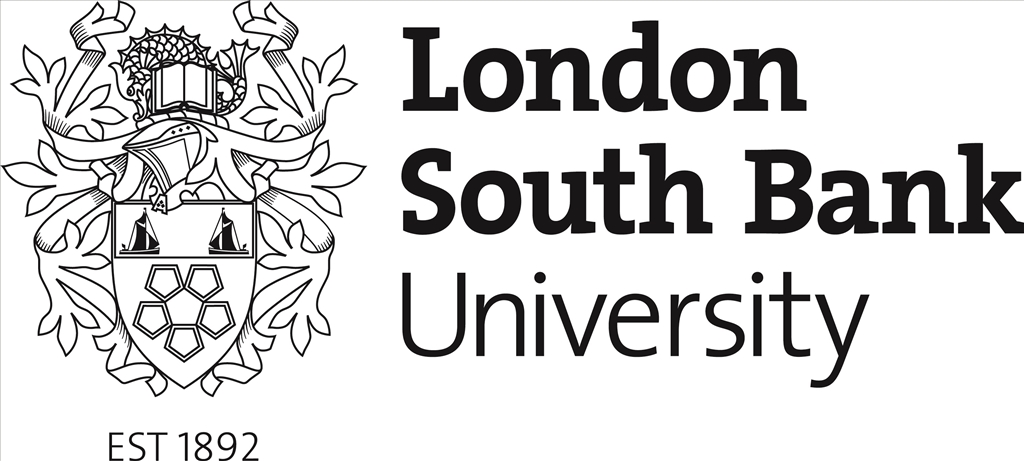
Thanks to ‘Health & Safety Times’ for alerting us to this article.
The study, entitled, ‘An Investigation of Self-Control and Self-Regulation as Mechanisms Linkfir Remote Communication to Employee Well-Being during the Covid-19 Pandemic’, looks at the levels of energy depletion experienced by employees engaged in remote working and their increased need for daily recovery time, taking into account various digital media applications used to complete a range of work tasks.
The research, carried out by Karin Moser, Professor of Organisational Behaviour at LSBU’s Business School, is the first study of its kind in the UK to show how remote communications can harm employee wellbeing at work, if left unregulated. The researchers conducted a daily diary study surveying a cohort of 102 UK employees working remotely across a ten day period during full national lockdown. The survey results report an 80 per cent (80 out of 102) employee response rate with a 67 per cent daily response rate.
The research shows:
Based on these findings, Professor Moser’s study recommends that employers should:
Professor Karin Moser, said: “Whereas previous research looking at remote working practices in the UK focused on employee productivity, this study is the first of its kind to demonstrate that these practices pose a threat to employee well-being.
“The pandemic has thrown much of the workforce into one huge online experiment, forcing the majority of employees to work from home suddenly. This has left staff with no previous experience of remote working, with little time to prepare and adjust.
“The danger is that many work routines are now dictated by what technology packages are available, giving the user little time for reflection on whether what’s been provided is adequate. Meanwhile employees are also lacking the necessary skills training to help them collaborate and lead virtually. This business practice is not sustainable, and in the long-term, will have detrimental impacts on employee health and productivity.”